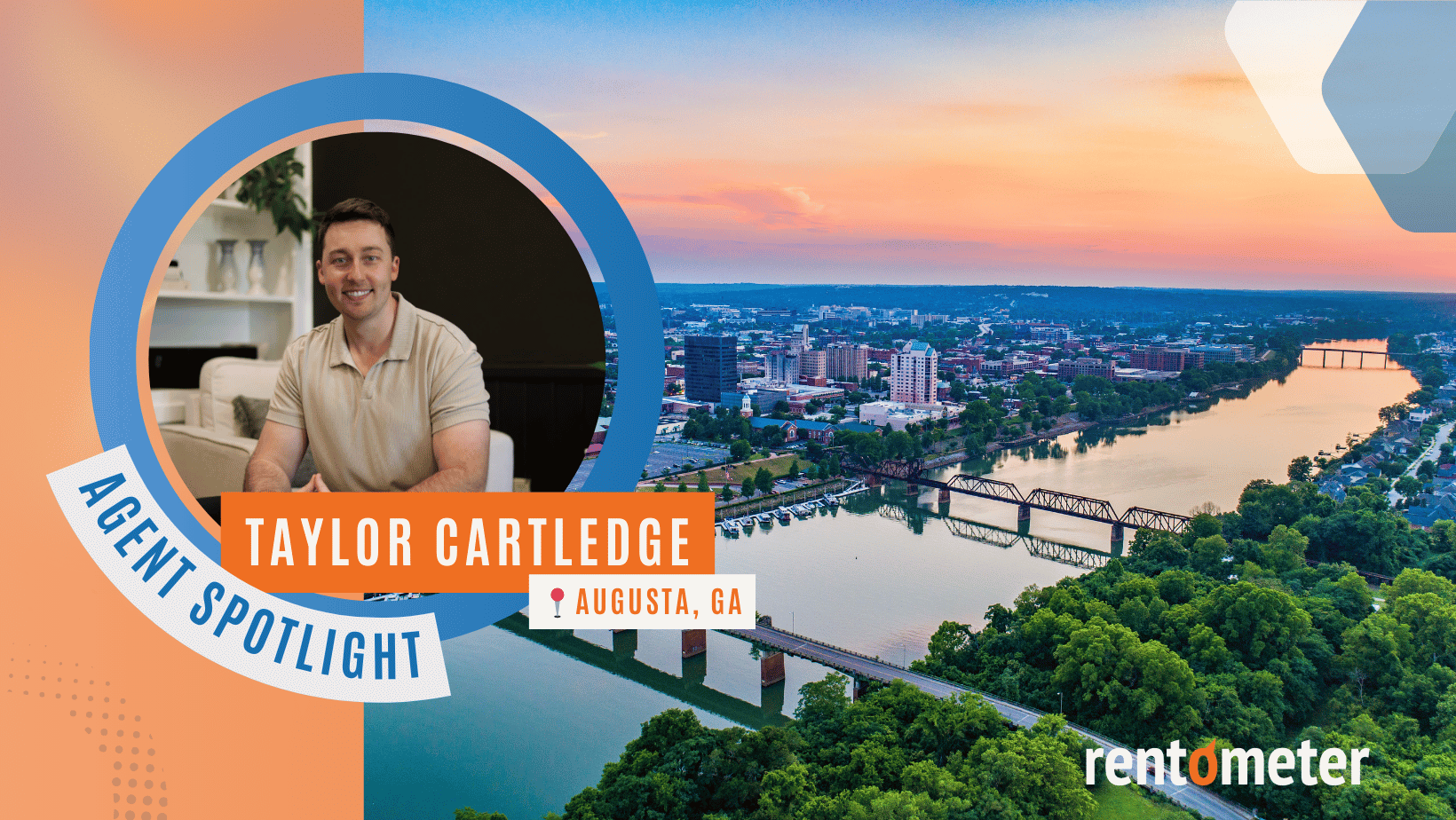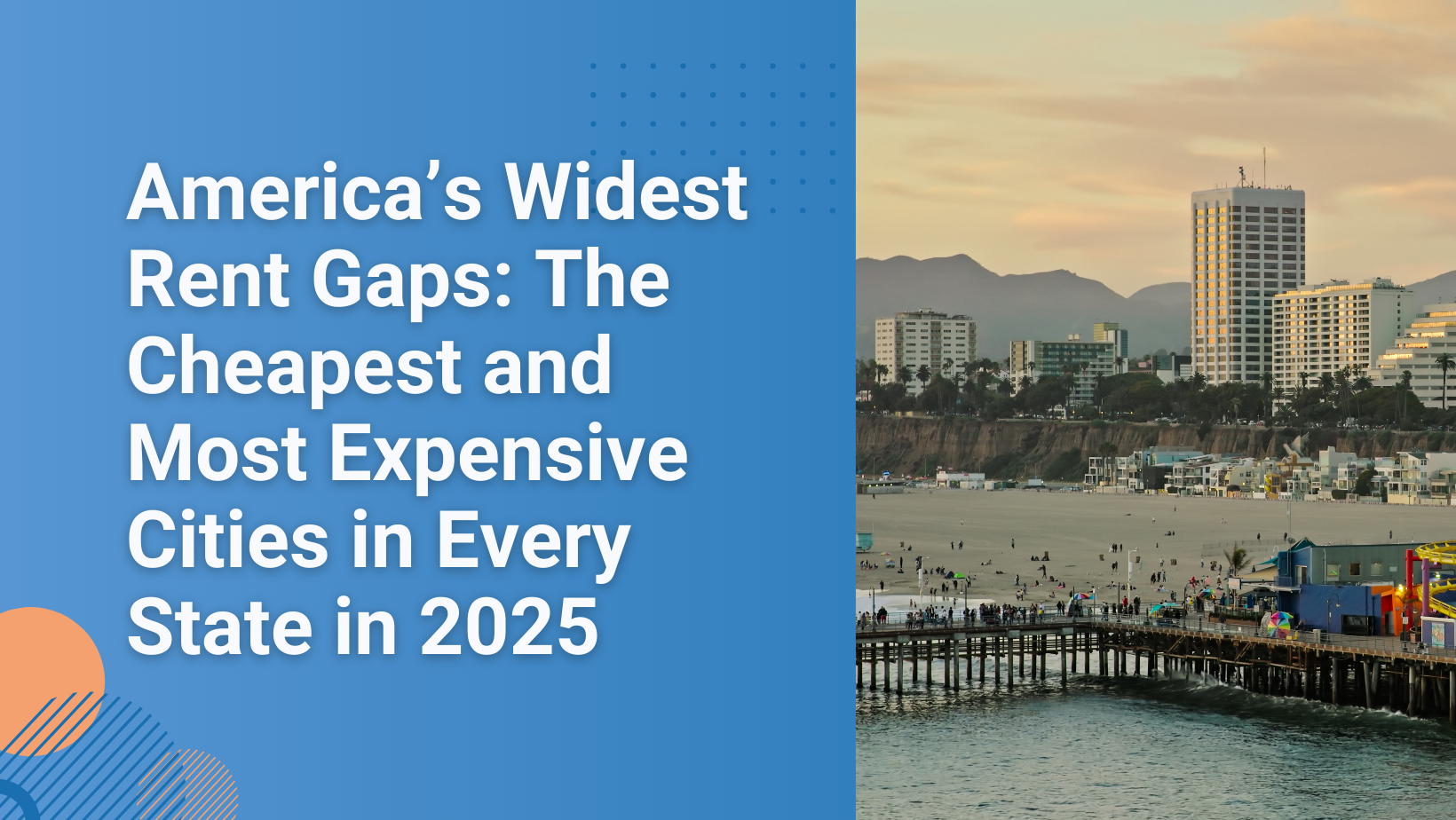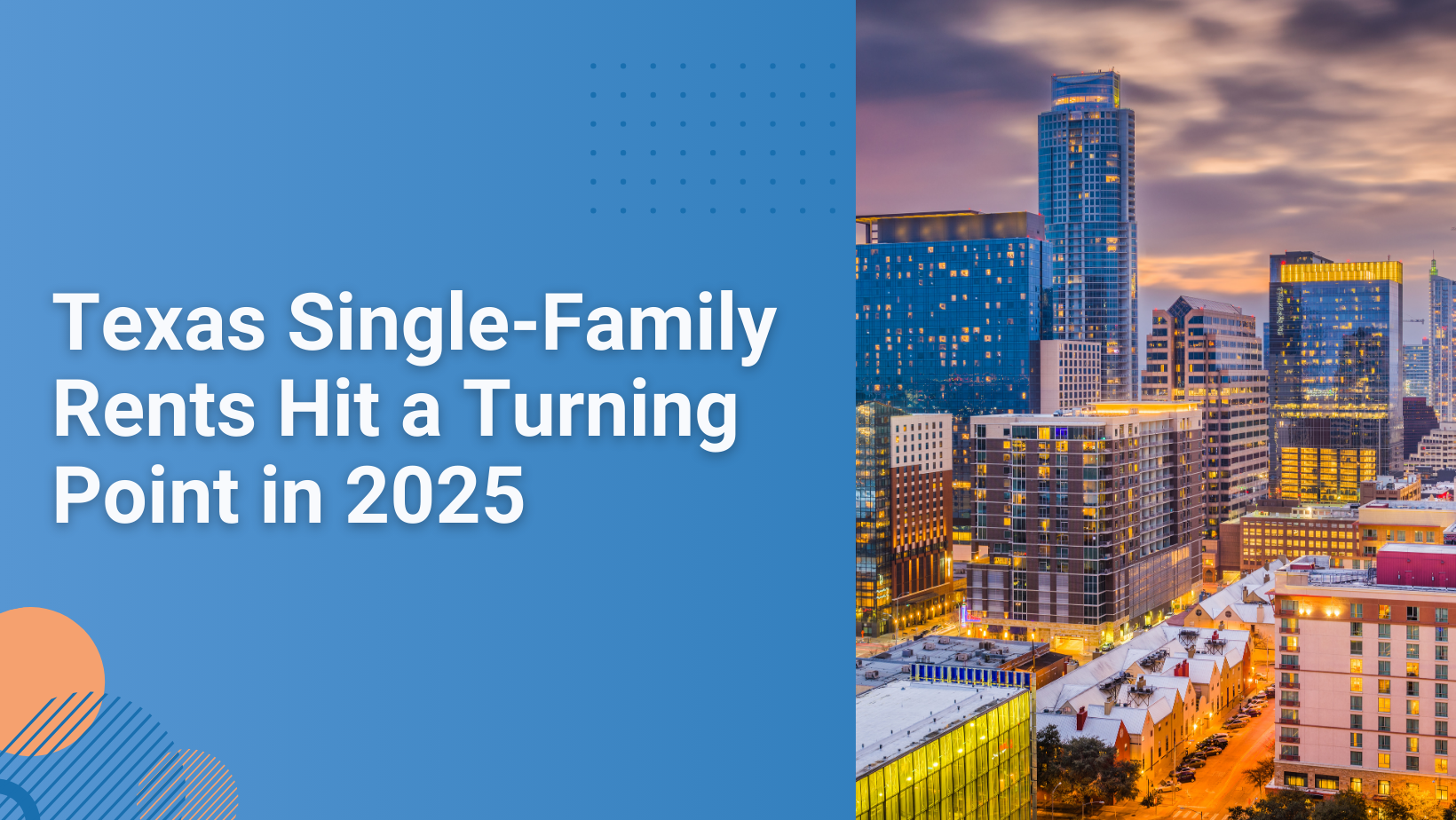
Pros and Cons of Investing in Multiple Properties

Updated October 19, 2021
Even at tough times, such as the Coronavirus pandemic, traditional rental properties remain a superior investment strategy. After all, people will always need a place to live in, regardless of the current circumstances. If you already own a long-term rental property and have some savings, you might be wondering whether you should buy another property. In this article, we show you the advantages and disadvantages of investing in multiple properties so that you can make an informed decision about what to do with your capital.
The Pros of Owning Multiple Traditional Rental Properties
First, let’s have a look at the benefits which come with having a portfolio of investment properties:
1. More Rental Income
The most obvious and the most important reason to build a portfolio of multiple rental properties is the fact that you will make more money from real estate. Multiple properties are equivalent to multiple income sources. This proves particularly beneficial at moments like the current one when traditional jobs and sources of income are at risk, amid the COVID-19 pandemic.
Stay connected
Get rental market insights delivered straight to your inbox.
Of course, before you decide to buy a new investment property, it is crucially important to conduct a thorough rental property analysis with the help of real estate investment tools. This constitutes the right way to assure that you can afford both the one-time startup costs and the recurring monthly expenses associated with owning a property. Moreover, finding rental comps in the neighborhood where you plan to buy a new property will show you how much rental income you can expect from it to ensure positive cash flow.
2. Financing New Properties
Buying your first investment property is the hardest. The purchase of any subsequent rental property becomes easier in terms of financing. The reason is that you can save at least some of the rental income you make from your first property for a down payment on your second investment property. Once you’ve bought your new property, you can use both rental incomes to make the new monthly mortgage payments. The more properties you already have in your portfolio, the easier and faster it gets to add a new one. That’s one more reason why you should consider investing in multiple properties as a real estate investor.
3. Risk Diversification
Real estate investing is already one of the lowest risk strategies out there. Income properties are tangible assets that are bound to bounce back from any crisis. A smart way to lower the risk of investing in real estate even further is to buy multiple properties. The optimal way to do that is to invest in a few different property types (single-family home, condo, townhouse, apartment, multi-family home, etc.), various property sizes (in terms of square feet and number of bedrooms and bathrooms), and a number of markets. With a well-diversified real estate investment portfolio, you will be less impacted by any negative shocks in the housing market.
4. Higher Long-Term Return on Investment
A significant advantage of investing in traditional rental properties, in general, is that you get to make money not only in the short-run (through rental income) but also in the long term (through real estate appreciation). That’s also a pro of investing in multiple properties rather than just a single one. The more properties you hold, the more long-term return you will be able to generate. Moreover, if you have several properties in your portfolio, you can easily sell some in seller’s markets to buy new ones in buyer markets.
5. Passive Income
Many people refrain from buying new rental properties because they dread the responsibilities of a landlord. However, income properties can easily be turned into a passive real estate investing strategy by hiring a professional property management company. A property manager will take care of all the tasks of a landlord for a reasonable fee and even help you optimize your rental income and cash on cash return.
The Con’s of Investing in Several Income Properties
Just as with everything else in the real estate business, buying and owning multiple properties comes with some drawbacks. Let’s have a look at them:
1. More Initial Capital
Buying a few – rather than one – investment properties requires a higher level of savings on behalf of the real estate investor. Banks and other financing institutions ask for a minimum down payment of 20% on conventional mortgages used for buying a rental property. Saving for the down payments on a few properties takes more time and effort.
2. Greater Recurring Expenses
Another disadvantage which investors need to keep in mind is that owning many rental properties costs more. You need to pay multiple mortgages, property taxes, home insurance, and repairs. All these costs have to be factored into your analysis before deciding that you can afford to invest in several traditional rental properties.
3. Lots of Work
In case you are a DYI landlord and don’t want to hire a professional property manager, keep in mind that owning multiple properties requires much more work than owning a single rental. It can get particularly challenging for you if you invest in different neighborhoods or – even more so – in several cities. One way to circumnavigate this obstacle is to buy a multi-family property (a duplex, triplex, or a small apartment building) or multiple rental units in the same apartment or condo building. This will let you minimize the transportation costs and focus on the similar needs of your properties and tenants.
Things to Consider Before Buying a Few Investment Properties
The pros of investing in multiple properties exceed the cons, so you should consider expanding your portfolio. Here are a few main factors which you need to keep in mind when deciding whether to buy a new rental property or not:
• Your Budget
You should take a careful look at your savings to ensure that you can afford to purchase several properties. If your capital is currently limited, remember that you don’t have to purchase your entire portfolio at once. On the contrary, real estate experts recommend buying a new property every 2-3 years. In this way, you have enough time to save for a new down payment.
• Your Experience and Time Availability
If you want to be not only a real estate investor but also a landlord, then you should consider how much time you can spend on managing your rental properties. If you have a full-time job, don’t overstretch yourself to try to care for more rental properties than you can handle.
• Real Estate Markets
Last but not least, perform real estate market analysis to choose the top locations for buying income properties. You need to do this before purchasing each property as the US housing market is very dynamic.
Investing in traditional rentals has been and remains one of the best ways to make money, no matter the circumstances. Buying multiple properties allows you to maximize the amount of money you can make in real estate. That’s why you should consider expanding your real estate investment portfolio as long as you can afford the time and money.
About the Author: Daniela Andreevska is Marketing Director at Mashvisor, a real estate analytics tool that helps real estate investors quickly find traditional and Airbnb investment properties. A research process that’s usually three months now can take 15 minutes. We provide all the real estate information in easy-to-understand visualizations.
Stay connected
Get rental market insights delivered straight to your inbox.

 LinkedIn
LinkedIn
 Facebook
Facebook
 Email
Email
 Twitter
Twitter
 Quickly evaluate current rents with QuickView™ Rent Estimates
Quickly evaluate current rents with QuickView™ Rent Estimates

